Coffee has many good uses, however, depending on the type and how to drink it, it will bring different effects. Understanding the types of coffee and the appropriate dosage will benefit the user's health.
Drinking hot coffee helps retain more antioxidants
Arabica coffee : Caffeine content: 1-1.5% (low). Contains a lot of chlorogenic acid - a natural antioxidant. Arabica beans have a light, sour taste, delicate aroma, especially suitable for people sensitive to caffeine, reducing the risk of inflammation and chronic diseases.
Robusta Coffee : Caffeine content: 2-2.5% (high), rich in protein and lipid. Robusta has a stronger, more bitter taste than Arabica, suitable for people who need to stay awake quickly for a long time.
Dr. Le Nhat Duy, University of Medicine and Pharmacy Hospital, Ho Chi Minh City - Branch 3, said that drinking pure coffee is best because it retains the antioxidants and does not contain sugar or milk. However, not everyone prefers to drink black coffee.

Coffee on the market with many new, delicious, beautiful brewing methods... attracts many people's taste
Ms. NTTT (46 years old, in Phu Nhuan District, Ho Chi Minh City) drinks 2 cups of home-brewed coffee every day. She shared: “I like to drink filter coffee mixed with condensed milk, the thicker the better. Before, it was 3 cups, but later, due to my age and high blood pressure, I was advised to reduce it. Some days, if I drink it too late, my heart will get a little tired, but if I don’t drink it, I can’t stand it. The doctor and my daughter at home advised me to drink black coffee, but I don’t find it delicious, I don’t feel satisfied.”
Milk coffee is also a very popular drink among young people. Ms. BNAT (21 years old, in Tan Phu District, Ho Chi Minh City) shared: “Milk coffee has a rich taste, not too bitter like strong black coffee, so it is easy to drink, helps me stay awake and more energetic. Many places also add grass jelly or jelly, which is fun to eat. My friends and I drink it mainly because it is delicious, not important that it is 100% pure coffee.”
Doctor Nhat Duy said: “If you use milk and sugar with coffee, you need to control the dosage properly. You should use unsweetened fresh milk or skimmed milk with the ratio: 80% coffee, 20% milk. Limit the amount of added sugar as much as possible, only add 1-2 small spoons of sugar (5-10g)”. People need to control the amount of sugar and milk they consume when drinking coffee so as not to reduce or lose the health benefits of coffee, or even have the opposite effect.
In addition, drinking hot coffee will retain all the antioxidants, most suitable for the morning. Cold coffee is good for people with sensitive stomach diseases, especially in hot weather.
Notes on drinking coffee in people with diabetes and recommended dosage
According to Dr. Bui Pham Minh Man, University of Medicine and Pharmacy Hospital, Ho Chi Minh City, branch 3, coffee can be a "natural medicine" if used properly.
Improve brain and mental function : Caffeine in coffee stimulates the central nervous system, improving concentration, memory and the ability to process information. According to research in the Journal of Alzheimer's Disease , consuming 2-3 cups of coffee a day can reduce the risk of Alzheimer's and Parkinson's.
Support heart health, liver health : Drinking coffee regularly (2-3 cups/day) can reduce the risk of fatty liver disease and cirrhosis, according to a 2014 study in Hepatology .
Helps reduce the risk of diabetes : A 2014 meta-analysis ( scientific journal Diabetologia ) found that drinking 3-4 cups of coffee/day reduced the risk of type 2 diabetes by about 25%. This benefit was more pronounced in decaf coffee, suggesting that non-caffeinated compounds (like chlorogenic acid) play a big role in prevention.
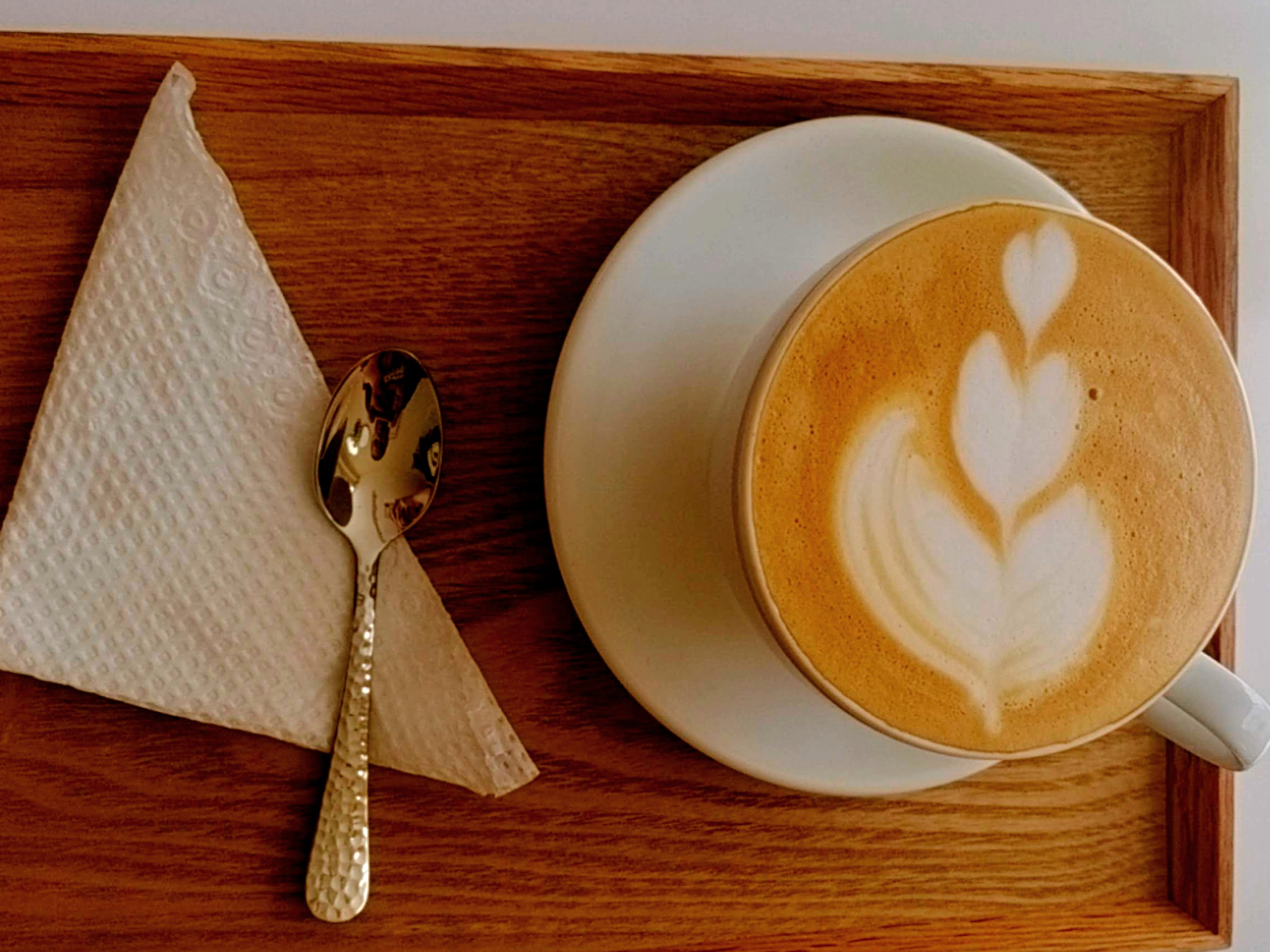
2-3 cups of coffee a day is good for the heart and liver.
“However, in some studies on diabetics, caffeine in coffee can temporarily reduce insulin sensitivity, making it difficult for the body to control sugar levels, increasing post-meal blood sugar levels in people with type 2 diabetes. Experts also recommend that the effects of caffeine vary from person to person. Therefore, diabetics should consider and consult experts about the appropriate amount of coffee to consume daily for themselves,” Dr. Minh Man emphasized.
Regarding dosage, Dr. Nhat Duy said that healthy adults can use up to 400 mg of caffeine per day (3-4 cups of coffee). In the elderly, it should be limited to 200-300 mg of caffeine per day (1-2 small cups).
People with underlying diseases and special physical conditions : cardiovascular disease, high blood pressure, diabetes, should consult a doctor, prioritize decaf coffee (caffeine-free).
Sensitive stomach : Do not drink coffee on an empty stomach, prioritize low-acid coffee (Cold Brew).
Pregnant and lactating women : Maximum 200 mg caffeine/day (1-2 small cups).
How to handle reactions when drinking coffee
Doctor Le Nhat Duy pointed out cases of reactions to coffee due to objective and subjective reasons and suggested ways to deal with them.
Coffee allergy : Itching, rash, swelling of lips/tongue, difficulty breathing.
Treatment : Stop taking immediately. Take antihistamines if symptoms are mild. Call emergency services if serious signs such as difficulty breathing occur.
Side effects from caffeine : Insomnia, anxiety, rapid heartbeat, stomach pain.
Treatment : Drink plenty of water to increase caffeine excretion. Eat a light meal to reduce stomach irritation. Relax and breathe deeply to reduce anxiety and rapid heartbeat.
Reactions when suddenly withdrawing caffeine : Headache, fatigue.
Treatment: Reduce caffeine gradually instead of stopping abruptly. Use decaf coffee or green tea instead.
Source: https://thanhnien.vn/bac-si-chi-ra-luong-caffeine-trong-tung-loai-ca-phe-luu-y-cach-dung-tot-nhat-18524122718222391.htm



![[Photo] Prime Minister Pham Minh Chinh received Mr. Yamamoto Ichita, Governor of Gunma Province (Japan)](https://vphoto.vietnam.vn/thumb/1200x675/vietnam/resource/IMAGE/2025/10/21/1761032833411_dsc-8867-jpg.webp)
![[Photo] Da Nang residents "hunt for photos" of big waves at the mouth of the Han River](https://vphoto.vietnam.vn/thumb/1200x675/vietnam/resource/IMAGE/2025/10/21/1761043632309_ndo_br_11-jpg.webp)



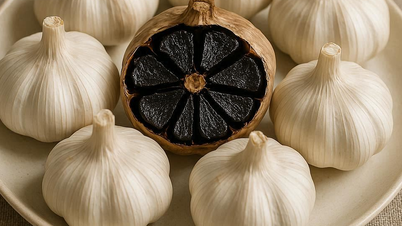
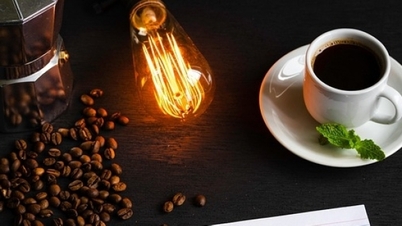



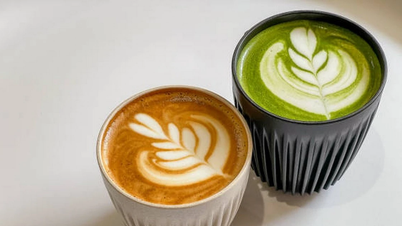

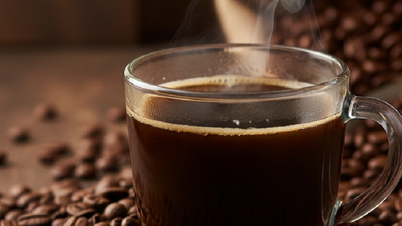
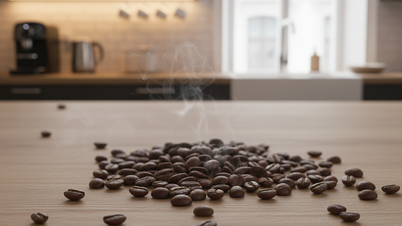
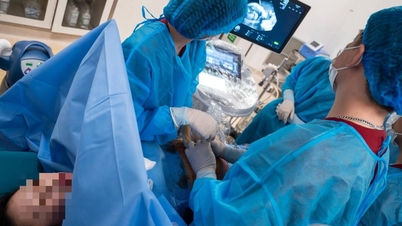
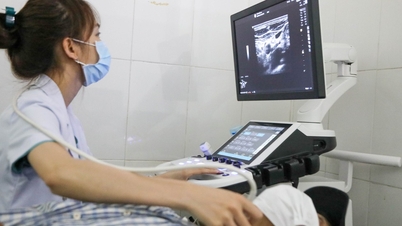
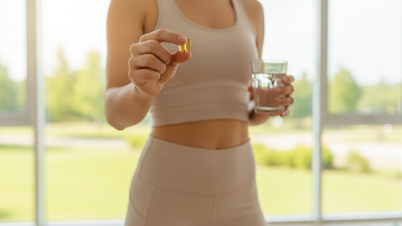
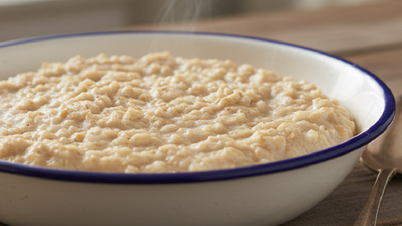
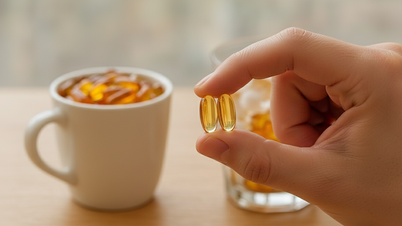










![[Photo] Prime Minister Pham Minh Chinh meets with Speaker of the Hungarian National Assembly Kover Laszlo](https://vphoto.vietnam.vn/thumb/1200x675/vietnam/resource/IMAGE/2025/10/20/1760970413415_dsc-8111-jpg.webp)






























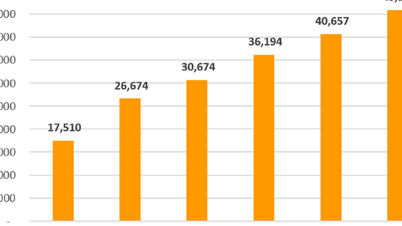












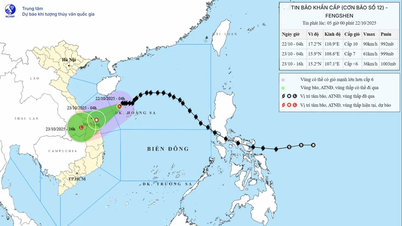







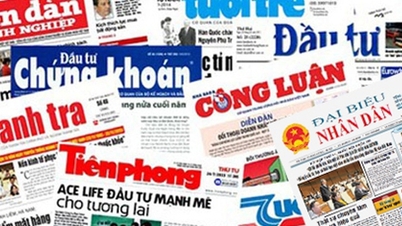




























Comment (0)